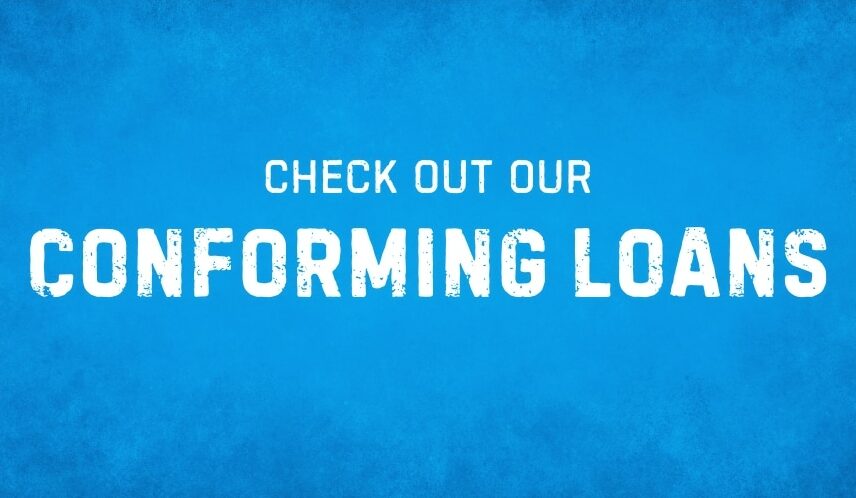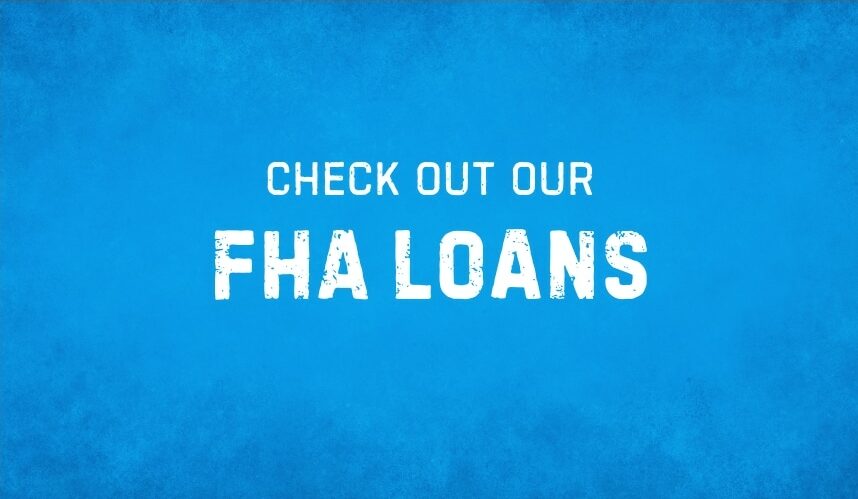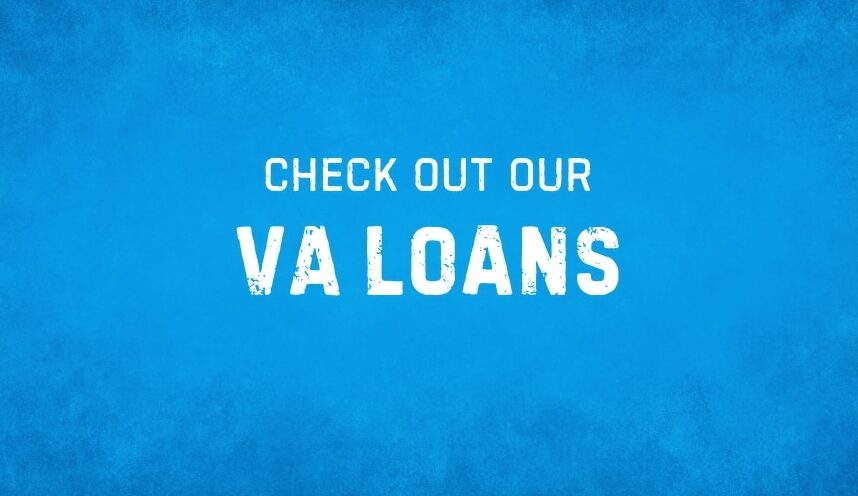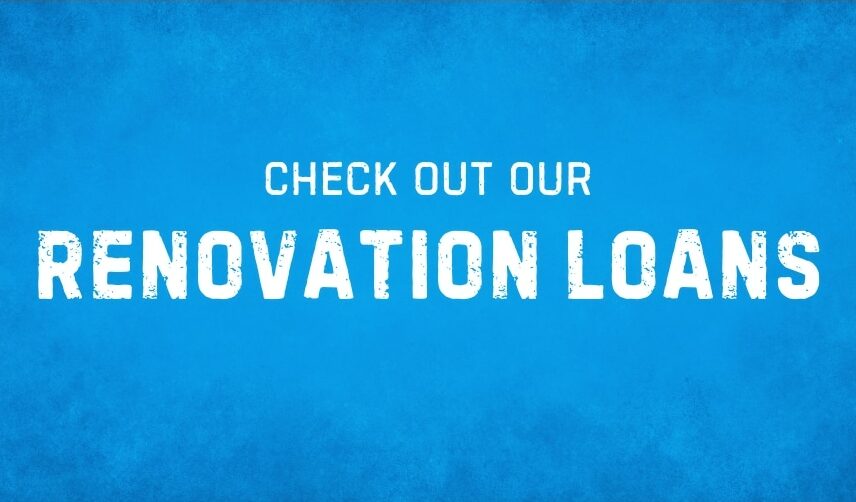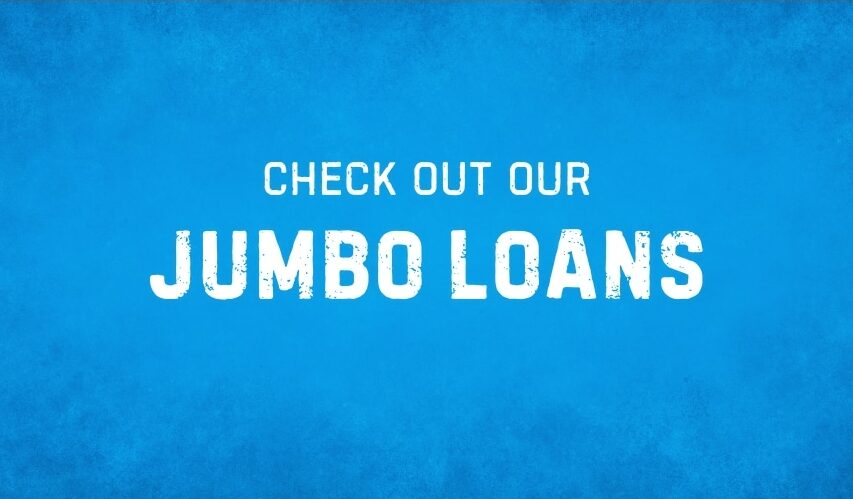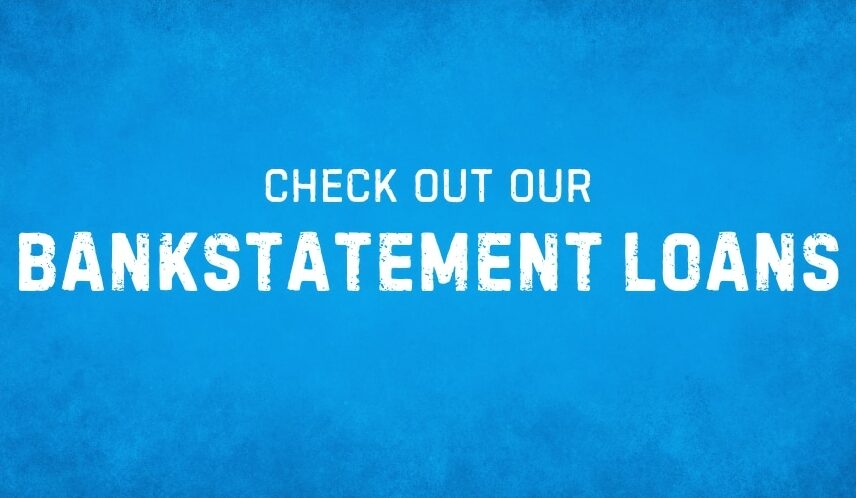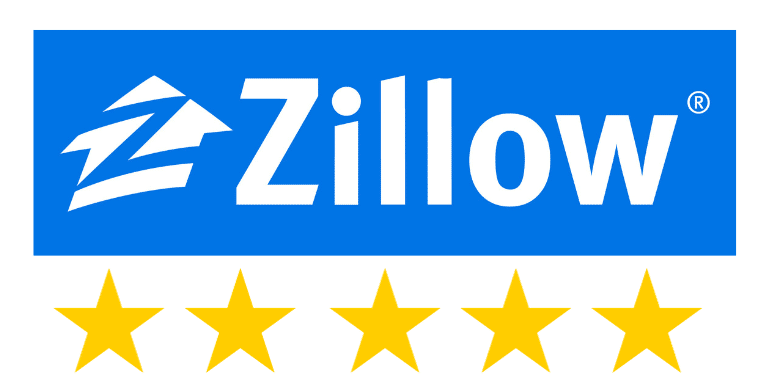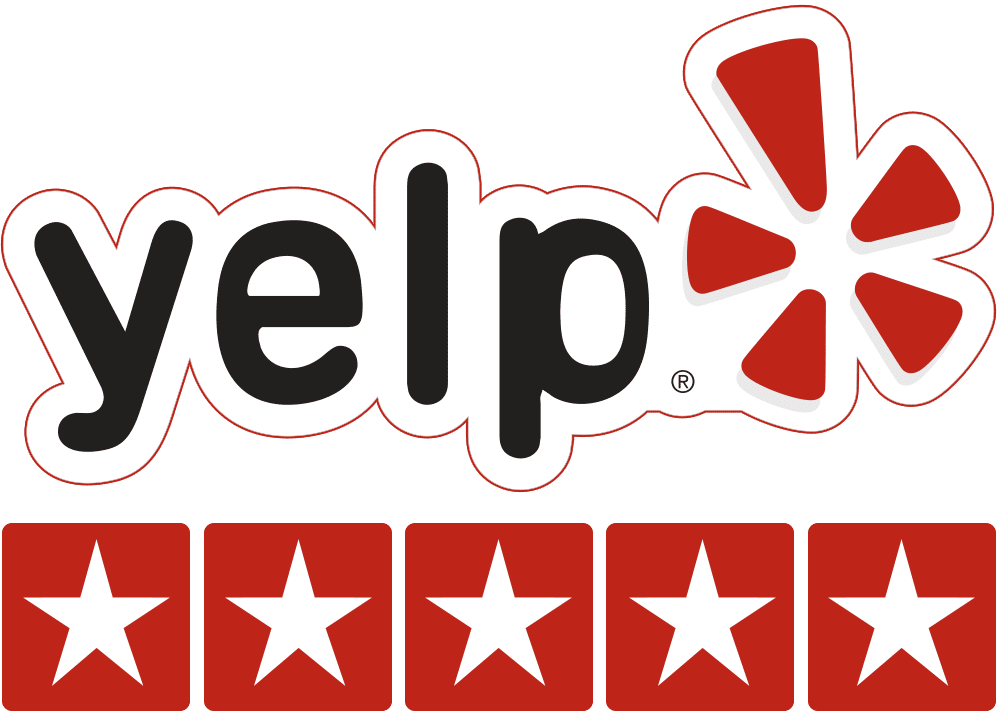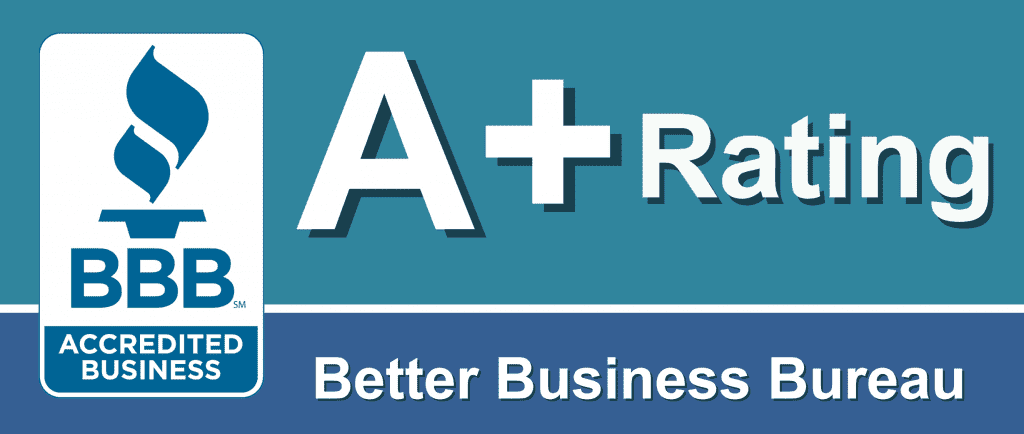
Refinance Requirement
Moving forward with a refinance is a big step for most homeowners. A refinance might allow you to lower your mortgage rate, eliminate your PMI, or obtain cash-out for home improvements or debt consolidation.
Learning what the refinance requirements are will save you time and money. You’ll also discover what refinance loan programs are available to you so that you can compare your options.
Current refinance requirements
Here is a list of the main refinance requirements for homeowners looking to refinance their current mortgage. Underwriting requirements can change without notice, so for the most up-to-date list of requirements, please contact Loan Officer Kevin O’Connor at 1-800-550-5538.
- You’ll generally need a 620 or higher credit score
- Home improvement and debt consolidation options are available
- Loan amounts up to $2,500,000
- A debt-to-income (DTI) ratio of 50% or less
- Eligible ownership: primary residence, secondary residence, and investment properties
- Eligible properties: Single Family Residence, Condominiums, and Multi-unit properties (up to four units) are allowed
- Loan To Value Ratio of 97% or less (depending on the program)
- Prior Bankruptcy and/or Foreclosure are allowed under certain circumstances
There certainly are more requirements, but the list above includes the most important refinance requirements that each homeowner should know.
Do You have a question or need a quote?
Contact KevinLow rates, fast closings, and exceptional service.
Specific home loan program refinance requirements
Now that you know the basic refinance requirements, let’s talk about the most popular home loan programs and what specifically you need to refinance your current mortgage under each program.
Conventional Home Loans
There are various types of Conventional home loans;
- Conforming home loans
- Jumbo home loans
- Bank statement home loans
Conforming Home Loans
The most popular home loan in California is the Conforming loan. It was given this name because the underwriting guidelines and the loan amount limits “conform” to Fannie Mae and Freddie Mac standards.
The refinance requirements for a Conforming home loan are fairly standard throughout the industry. You’ll need a 620 or higher credit score, 3% equity in the home, and a DTI below 50% (ideally 45%, especially if it’s a cash-out refinance).
Loan amount limits depend on the county where the property is located. If you’ve had a Bankruptcy and/or Foreclosure, you may have some options available to you.
Jumbo Home Loans
Jumbo home loans do not “conform” to all the guidelines and loan limits that Fannie Mae and Freddie Mac have, but they do have many similarities. A big difference is the credit score requirements. The main refinance requirements for a Jumbo home loan are as follows: a credit score above 720, 10% or more equity in the home, and a debt-to-income ratio of 40% or less.
If you have a credit score below 720, you might still be able to obtain a Jumbo home loan, but the refinance requirements are strict, rates are high, and so are the closing costs. If you are in this situation, there is a way out of it; put 40% down. I know that’s easier said than done, but that’s the solution to avoiding higher rates and closing costs.
Bank Statement Mortgages
The refinance requirements for a Bank Statement Mortgage are going to be the most fluid and usually come with interest rates that are higher than Conforming and Jumbo loans.
If you are considering a Bank Statement Mortgage, it’s super important you talk with the Loan Officer about the current refinance requirements, as they often change. Ideally, you’ll want at least 10% equity (most likely more), a 700 or higher credit score, and a DTI ratio below 40%.
Government-Backed Mortgages
Government-backed mortgages have their own set of refinance requirements. There are three government-backed mortgage programs: FHA home loans, VA home loans, and USDA home loans.
FHA Home Loans
The minimum FHA home loan refinance requirements are as follows: a 580 or higher credit score, equity in the home, and a debt-to-income ratio below 50% (ideally lower than that).
When it comes to refinances, the FHA home loan program has one of the best refinance programs in the industry.
The FHA Streamline Refinance is a great home loan product with few refinance requirements. No income documentation, no appraisal, and a super fast close. The main refinance requirement for the FHA Streamline Refinance program is that you currently have an FHA home loan, and the new loan will meet the net tangible benefit requirements.
The regular FHA home loan refinance program offers some nice features as well. Qualifying is a bit easier than a Conforming loan, and interest rates are generally lower than Conforming home loan rates.
There is a downside, though, all FHA home loans come with Mortgage Insurance, even if your Loan-to-Value ratio is below 80%. But the good news is that if you have a 620 credit score, you’ll get a much lower rate than if you went with a Conforming home loan.
VA Home Loans
VA home loan refinance requirements are easier to meet when compared to most refinance programs. For this reason, every current and former military service member should check out the VA home loan program. The short version of what the VA home loan requirements are is this; no set loan limits (although the lender usually has one), flexible credit score, and high debt-to-income ratios (VA home loan guidelines focus on residual income).
And guess what? Like the FHA Streamline refinance program, the VA also offers a streamline refinance option (and your current loan needs to be a VA loan if you want to do the VA Streamline refinance.
USDA Home Loans
If you live in rural California, the USDA home loan program is just for you. USDA home loans allow homeowners in rural California the opportunity to refinance their homes even though they don’t meet the refinance requirements of Conventional and Government-Backed mortgage programs.
Rural Californians face an appraisal issue when it comes to traditional refinance programs. The issue is that there are usually not enough comparable sales in the area to support the estimated value, so they don’t qualify for those refinance programs.
USDA home loan refinance requirements are similar to other Government-Backed mortgage programs. Talk with your loan officer about the specific requirements to ensure you’ll have a smooth underwriting process.
Do You have a question or need a quote?
Contact KevinLow rates, fast closings, and exceptional service.
Refinance requirement FAQs
Here are the answers to some frequently asked refinance requirement questions.
Can You Still Refinance If You Have Collections And/Or Charge-Off Accounts On Your Credit Report?
Yes, you can. There are multiple different home loan programs that allow for this. Talk with your loan officer about your situation and the collections and/or charge-off account requirements for the loan program you’ve applied for before the file goes to underwriting.
Do Mortgage Lenders Require You To Have Homeowners Insurance?
Absolutely! Every mortgage lender requires you to have homeowners insurance in case something happens to the home.
Will I Be Required To Set Up An Impound Account?
If you are doing a Conventional loan, generally not unless your loan-to-value ratio is over 80%. If you are doing an FHA program, you have to set up an impound account even if you are below a loan-to-value ratio of 80%
Does The Lender Require Original Documents?
99% of the time, they don’t. A clear copy of the document usually meets the underwriting refinance requirement for most loan programs.
Can I Have A Co-Signer On My Loan Application?
You can have a co-signer on your loan application for some home loan programs. If you have income issues, having a co-signer might make the difference between getting turned down and getting approved.
Before your file goes to underwriting, check with your loan officer to make sure you meet the co-signer refinance requirements for the loan program you are applying for.
Do I Need To Lower My Interest Rate By 1.00% Or More To Get A Benefit From A Refinance?
Usually not. Sometimes, lowering your rate by only .50% makes a huge difference.
Other benefits include lowering your interest rate, cash-out refinance to pay off high-interest credit card debt, and moving from a thirty-year fixed rate to a twenty or fifteen-year fixed rate. Another benefit might be doing a cash-out refinance to remodel your home.
Bottom line on the requirements to refinance
The requirements to refinance for the most popular loan programs are somewhat similar, but they do have key differences. Being able to navigate the refinance requirements for each loan program will be much easier for loan applicants if they work with a loan officer who has at least five years of experience and with a company that has a top rating with the Better Business Bureau.
If you have a concern about your ability to meet the refinance requirements for a specific loan program, be sure to talk with your loan officer before your file enters underwriting.

